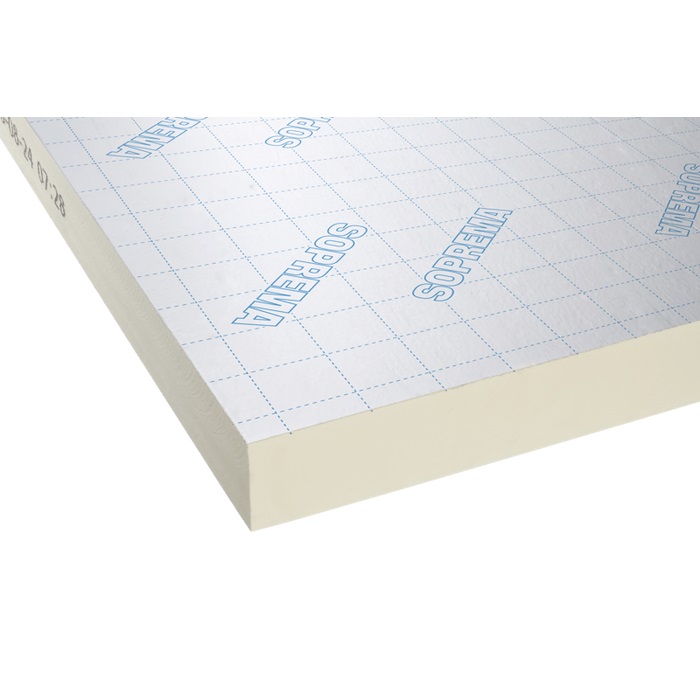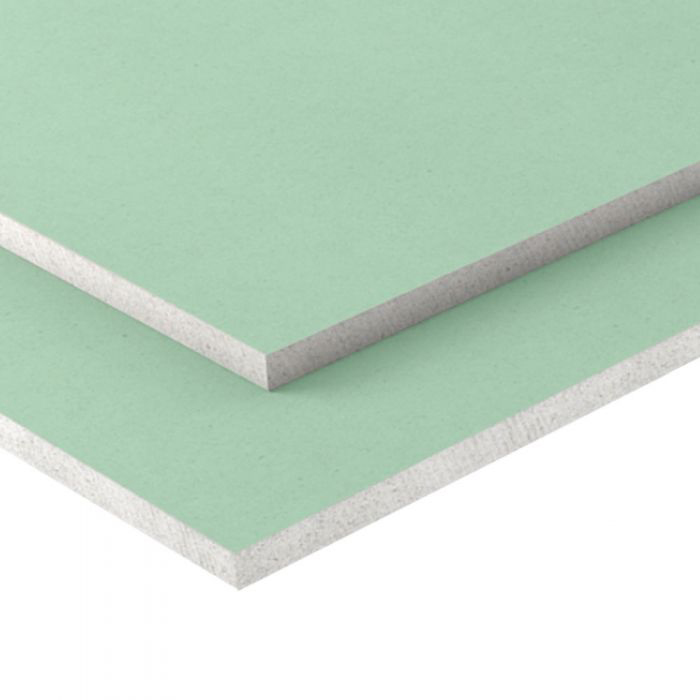7 TIPS FOR PERFECTING HEALTHCARE CONSTRUCTION PROJECTS

In healthcare construction, perfection is key. Learn from the experts at MTX with these 7 tips for successful modular construction projects.
The professionals at MTX are tireless in their pursuit of best practice when developing modular construction projects for healthcare. It is essential to the values of the company that the buildings provided are fit for purpose, flexible and perform to the highest specification. Here are the lessons learnt in the pursuit for excellence – in any field – but most importantly in construction in healthcare.
#1 Don’t give up
It may be that your first experience of modular construction did not give you the desired results. It worked; it just fell short in some of your ideals. It is easy to fall back to the traditional methods of bricks and mortar construction. However, module construction is about repetition and continual improvement. This resilience is the cornerstone of modular construction successes. Research and reflection allow for greater efficiencies, and the learning curve for design through to installation is always on a steep upward trajectory.
The repetition also allows for the trade team to get into a rhythm. The project will increase in speed, and there will be efficiencies found as the process is perfected. Any schedule gains will work to lessen the overall costs and will improve the outcome.
#2 Collaborate early
The entire team on a healthcare construction project must collaborate at the beginning of a project to ensure the modular unit is outstanding. Modular construction requires the design team and the build team to meet and consider the requirements of the client and the end process. Getting everyone from designer, to the contractor to subcontractor around a table allows for the design development to consider the most effective approach based on the brief.
The collaborate should continue throughout the project too. The best modular design companies employ communication technologies to ensure this collaboration continues.
#3 Map the entire journey
Unlike bricks and mortar projects, modular construction elements progress along a line of tradespeople and only travel to the site in the last moments of the build. Therefore, the journey of the project is both metaphorical and literal. You need a robust supply chain, with partnerships with companies that provide effective and efficient delivery of parts. You need to consider the path of the modular unit through the factory and then to the site. At the site, there needs to be consideration of the landing zone, the move-in paths through the site, as well as the pre-installation and post-installation procedures.
Again, the best building teams will employ software to ensure one side in the warehouse is not interfering with the work of another group. However, the role of the project manager is central to the effectiveness of the modular build, especially in the healthcare sector, where onsite disruption must be kept to a minimum.
#4 Mock-up the design
It is common for the building team to create a pod for the client to walk through. This is a technical review but also a usability test. Although not standard practice, full water and electrical inspection are vital in a sector where the project needs to deliver from the start. In healthcare, the users cannot battle any potential snags of a new construction project. Therefore, a full test will allow for problems to be ironed out.
#5 Use Building Information Modelling
Mapping the project using a BIM model to the highest level of detail is excellent practice in construction in healthcare. The spatial coordination of the units is essential in making the units fit for purpose. This BIM model will also allow the trade subcontractors to make detailed shop and spool drawings that will make the process of modular construction that much more efficient. Therefore, the model elements should be represented, down to the specific system, assembly, quantity, orientation, detailing and installation information.
#6 Make design decision earlier
The significant benefit of modular construction is that all design decisions can be made before the first unit begins. The client and the design team can collaborate to develop firm plans, including design and material choices. The client should have decided on the wall colours, the tap designs, the flooring products, and more. This early decision making means that modular construction avoids delay and delivers a finished product to the healthcare site. Best practice in healthcare construction should always seek to avoid delays and price increases, especially when the budgets for NHS capital projects is so stretched.
#7 Be careful of connection locations
Poorly located connection points can make problems of tight working conditions much worse. Such issues can lead to schedule delays and installation challenges. Therefore, it is essential when working on the BIM model that the designer consider the points where workers will need to connect module elements, such as bathrooms and headwalls.










